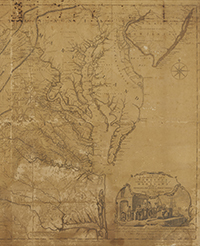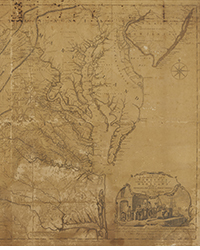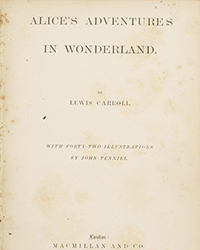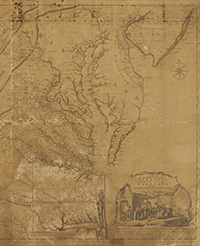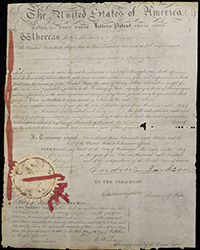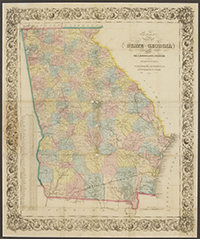This story may not be about books. Then again, it may be totally about books. While some people may buy “books by-the-foot” to display with no intention of ever reading a word within, books were invented to transmit information. They were designed to teach, and we read them to learn. Consequently, this story relating to teaching today is chilling to those who believe that learning is about more than just a ticket to a higher paying job, with no earthly purpose beyond this.
A bill recently was introduced in the Kansas State Senate that was marked up and edited by the Committee on Ways and Means, presumably meaning the senators are taking it seriously. It is called “An act concerning postsecondary educational institutions; relating to degree program transparency.” It requires colleges to provide a single-page prospectus on each of its degree programs, evidently intended for prospective students. It is designed to summarize the most important things students need to know about a college and its programs before making a decision to attend.
You might expect this prospectus to include the courses offered, perhaps a brief syllabus of their content. Maybe it would tell you which courses are required and what electives are available. Perhaps it would provide brief resumes of professors. It might list some of the books you will be reading, or pose some thought-provoking questions to test the depth of your interest. Maybe, maybe, maybe, but the answer is no. Here are the features of an education worthy of making it to the program's prospectus, at least according to some Kansas senators:
1. A description of the program, provided nothing therein “shall contradict, mitigate, or otherwise explain any of the statistical information” in the following sections.
2. The average number of years it takes to get the degree.
3. The number of years expected to get such a degree.
4. The cost per year to obtain the degree, including tuition, room and board, books, and fees.
5. The total investment (financial, not mental) to obtain the degree (subtracting average amounts for grants and scholarships).
6. The average amount of time between graduation and securing full-time employment.
7. A graphical representation of the salary distribution of those who obtain the degree.
8. The percentage of students who become employed in the field of the degree.
9. The percentage of graduates who are employed within 6 months of graduation.
10. A chart that displays the number of years required to recoup the cost of the education, based on formulas that include interest rates and such. Here is the formula for determining this: N=(-log(1-((R*A)/P)))/log(1+R). Care to guess how many members of the Kansas State Senate have any idea what this means?
While some school districts in Kansas have announced they will be closing early for the summer because they don't have enough money to keep the doors open for the full school year, this bill authorizes colleges to give graduates up to $100 each to fill in their surveys.
Far be it from me to diminish the importance of these financial considerations. As Madonna once told us, we are “living in a material world.” But to retrace our musical heritage to Peggy Lee a few decades earlier, “is that all there is?” Is there nothing about learning, thinking, and knowledge worthy of making the Kansas legislators' Top 10 list? Should we stop reading literature, philosophy, science, and theology books and read nothing but books about how to make more money and get a better job? Is that all there is? Everything on the senators' list pertains to money, money, money, and if something else matters, it is down there at #11 or lower and not included on their list. Sadly, Dorothy, this is Kansas.
N=(-log(1-((R*A)/P)))/log(1+R). What would Shakespeare have to say about that?









